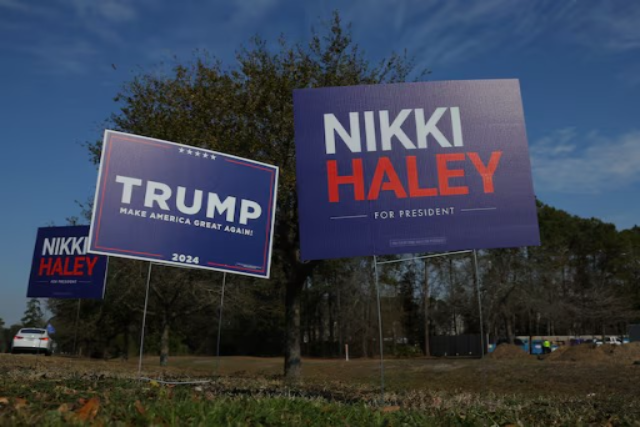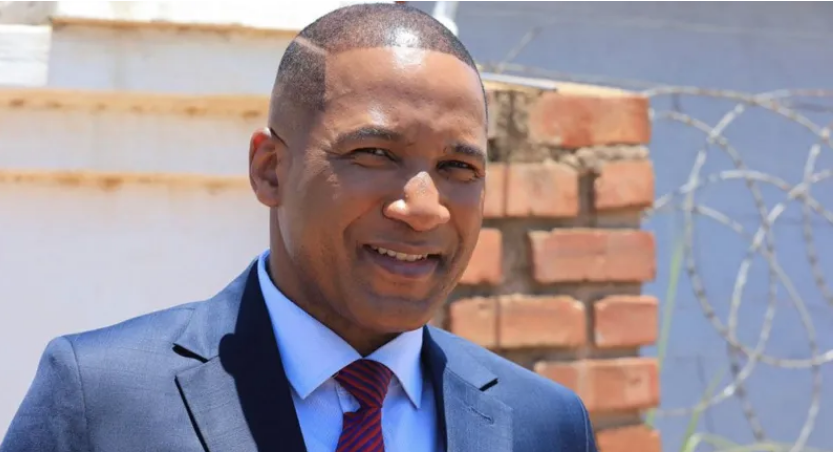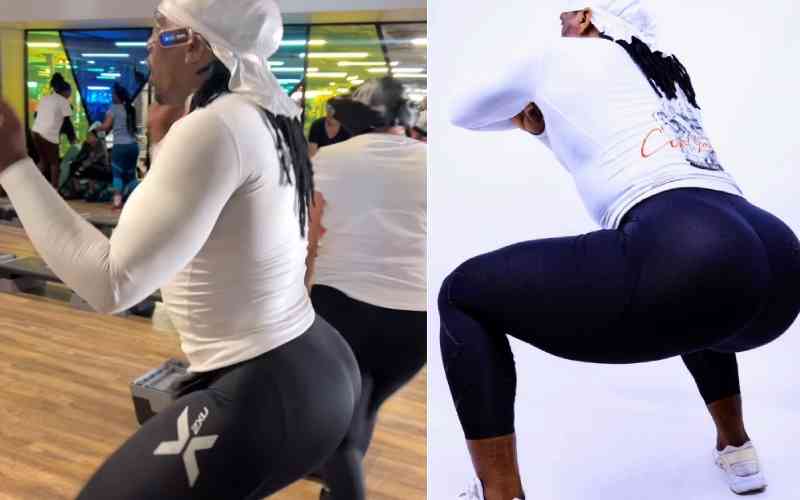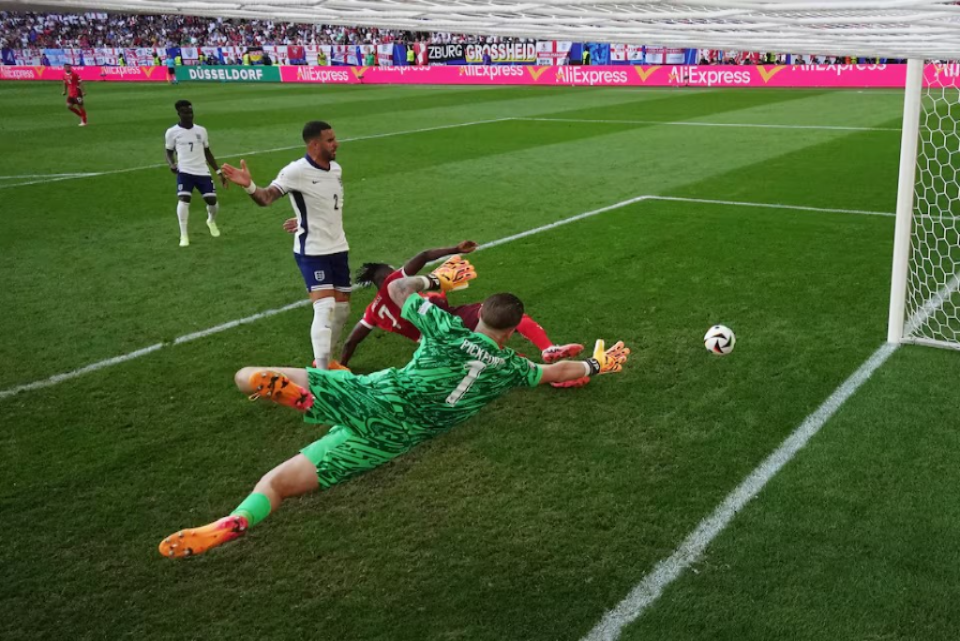WASHINGTON, May 8 (Reuters) – As Donald Trump stewed in a Manhattan courtroom during his hush money trial, voters hundreds of miles away in Indiana showed the Republican presidential candidate he still has work to do to win over some skeptics in his party.
The Midwestern state’s primary vote on Tuesday revealed surprising support for Trump’s long-vanished rival, Nikki Haley, with more than 30% of voters in some parts of the state refusing to vote for Trump, the party’s nominee in waiting.
Haley left the race in March, and Trump has been unopposed ever since. Yet as has been the pattern throughout the year, Haley showed strength among Indiana suburban and urban voters – demographics throughout the country that historically have been trouble spots for the former president.
The results in Indiana won’t have direct bearing on Trump’s Nov. 5 general election matchup with Democratic President Joe Biden. The state leans heavily conservative and will almost certainly back Trump, who won the primary on Tuesday with 78% of the vote.
However, the primary results offered the latest signal that some Republicans and independent voters remain wary of Trump.
“Republicans are using the opportunity to vote for Haley as an easy expression of unhappiness with Trump,” said Jacob Rubashkin, an analyst with Inside Elections in Washington. “There’s a contingent of Republicans who don’t like him and would have rather had another nominee. Voting for Haley communicates that.”
Indiana allows independents and Democrats to vote in the Republican primary. Those who did likely broke for Haley, as they did in other states such as New Hampshire and Virginia during the primary earlier this year.
Trump has been restricted from robust campaigning since the start last month of his hush money trial, where he is accused of illegally covering up a $130,000 payment to a porn star to keep her quiet in the run-up to the 2016 election.
On the day Indiana voters went to the polls, TV screens across the country were filled with images of Stormy Daniels, the adult-film actress who testified about a tryst she said she had with Trump almost 20 years ago. Trump, the first former U.S. president to face a criminal trial, has pleaded not guilty and denies that he ever had sex with Daniels.
In Pennsylvania’s primary on April 23, Haley scored 20% or more of the vote against Trump mostly in suburban counties surrounding Philadelphia, a region filled with independent and moderate voters. In Arizona’s primary in March, she ended up with close to 20% of the vote in that state’s largest county, Maricopa.
Likewise, in Tuesday’s primary, Haley took more than 30% of the vote in Indianapolis, the state’s largest city, and surrounding areas including a county that is home to a major university, Purdue. She drew nearly 22% of the overall primary vote.
Sarah Longwell, a Republican pollster who has been critical of Trump, said the result had little to do with Haley, who has largely stayed out of the public eye since dropping out. Instead, Longwell said, it shows that more voters in the country oppose Trump than support him.
“The broadest coalition in American politics is the anti-Trump coalition,” Longwell wrote on X.
How many of those college-educated and other reluctant voters Trump needs to win in November is still a question. Most opinion polls, including Reuters/Ipsos surveys, have the race with Biden essentially even with six months to go.
State polls aggregated by the political site Five Thirty-Eight show Trump with a slight lead in six states that will determine the election: Arizona, Georgia, Michigan, Nevada, Pennsylvania and Wisconsin.
Rubashkin said while Trump can’t afford much slippage in terms of support, the voters who came out for Haley in Indiana won’t necessarily pull the lever for a Democrat in November.
“It’s a very different thing to vote for Haley in a primary that doesn’t matter than to vote for Biden in a close general election,” Rubashkin said.

Comments








